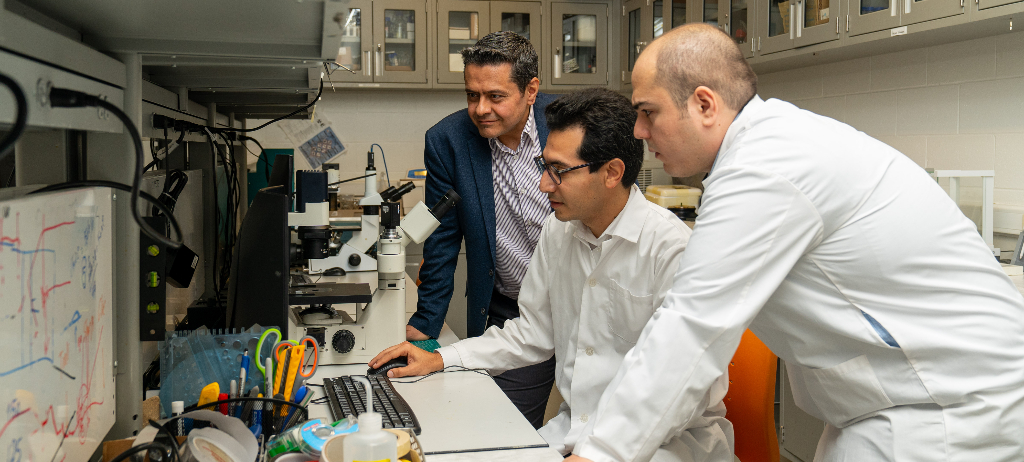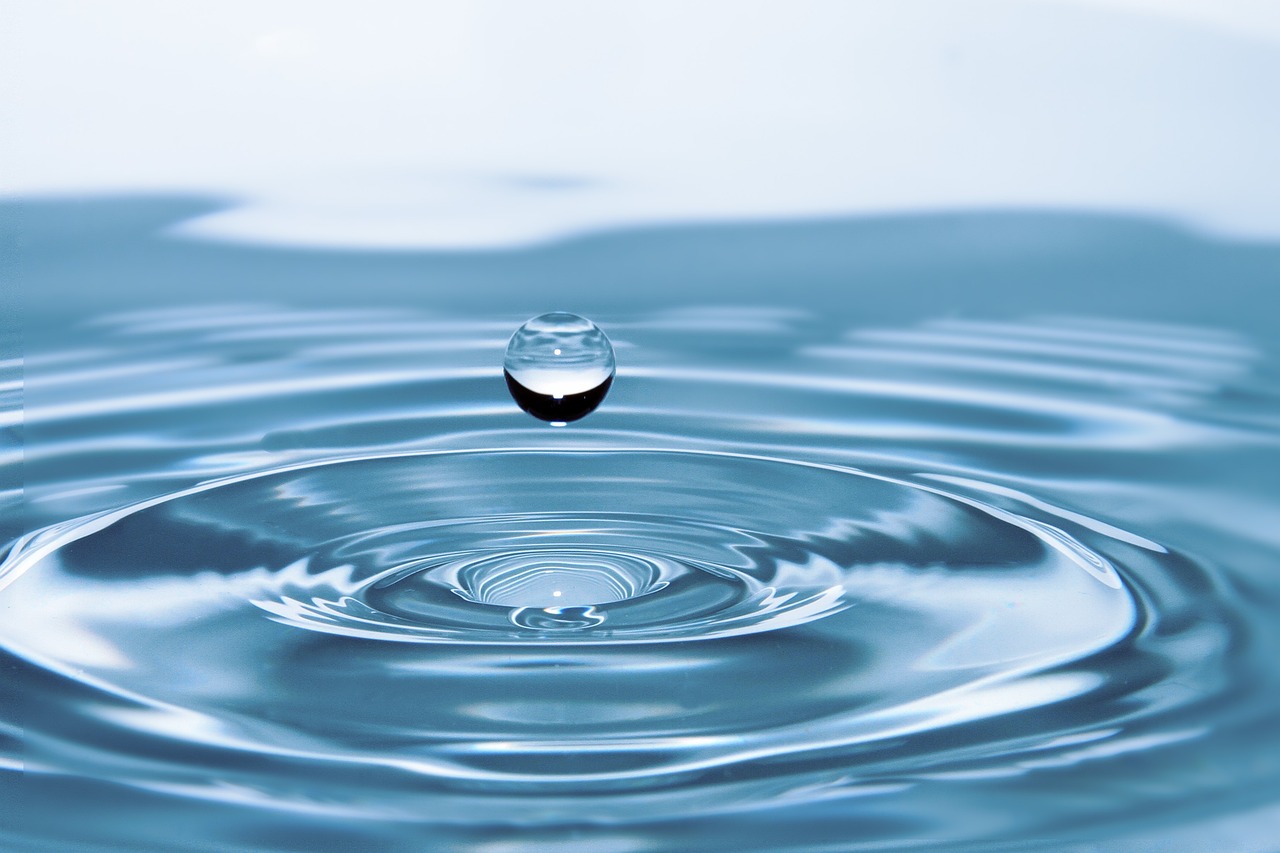Conserve and sustainably use the oceans, seas and marine resources for sustainable development.
Healthy oceans and seas are essential to our existence. They cover 70 percent of our planet and we rely on them for food, energy and water. Yet, we have managed to do tremendous damage to these precious resources. Goal 14 is all about reversing this damage and protecting oceans and seas by eliminating pollution and overfishing and immediately starting to responsibly manage and protect all marine life around the world.


Lassonde team develop tool to detect microplastics in water
Pictured here: Lassonde Professor Pouya Rezai with research team members.
Concerns about aquatic conservation and ecosystem protection have prompted a team of researchers from York’s Lassonde School of Engineering to develop innovative ways for detecting the presence of microplastics – a source of marine pollution. While existing standard lab-based detection methods are available, they are often slow or costly, creating a barrier to use in detailed investigations of aquatic ecosystems. Recently, a group of researchers from Lassonde Professor Pouya Rezai’s lab in the Department of Mechanical Engineering designed and prototyped an affordable and simple microfluidic device for on-site microplastic detection.
Facts
59
publications relevant
to SDG 14

(2020-2022)

48%
of publications
co-authored with
international institutions

15+
programs relevant
or related to SDG 14

1st
in Canada to offer
Disaster & Emergency
Management (BA, MA)

Multiple labs
created to support interdisciplinary
water research through
One WATER




















